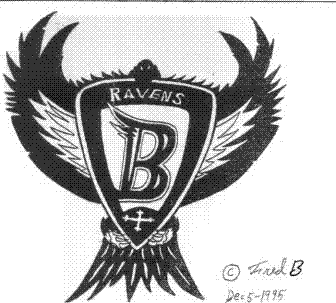When you hear
phrases like, “March
Madness,” or “Win or Go Home,” most people know exactly what you’re
referring to. This media technique is not only used for sporting events but in
product marketing as well. When you hear things like, “where’s the beef,” you
automatically think, Wendy’s restaurant! You “think” Wendy’s restaurant but
does it actually make you want to go out and have Wendy’s? How important is
phrase marketing to corporations or events involving corporations? I would say
it is very important. Simply because you may not run out and buy the item at
this moment but every time you hear a certain phrase, these companies know
you’re thinking about them. Slogans have the ability to incite many emotions in
the life of the consumer. Whether it’s fear, humor or love, they all have the
same objectives and goals. The slogan calls your attention, hopefully all of
your attention, to one company or organization. For example, the phrase, “click it or ticket,”
is designed to invoke fear of being killed if you do not wear your seatbelt or
at the very least, a pretty expensive ticket. Whereas the slogan, “stay thirsty my friends,”
invokes a fantasy of being part of an elite group who live life by their own
terms.
Slogans and
marketing phrases have limitless possibilities if they capture the essence of
the event or organization. In other words, a marketing specialist should
consider the company’s goals, the nature of the event, and the audience they
are trying to attract. In marketing to older generations it may be wise to use
a phrase that represents some type of nostalgia for them. On the other hand, if
your audience were mostly teenagers it would be wise to consider more tech
savvy phrases. One great example is the phrase Apple used when introducing its IPod.
"A
thousand songs in your pocket," wasn’t just a catch phrase but a
literal statement that caught the attention of millions of consumers. Another
example is the phrase "grown
folks music." Every time my mother hears this phrase she knows this is
music she can listen to, and according to her, “actually understand what
they’re saying!”
Slogans, catch
phrases and cliché’ quotes; whatever marketing technique and strategy works for
your organization will be an investment worth perfecting. The ability to reside
in the minds of your consumers every time they hear your phrase is one of the
most important and profitable aspects to marketing your brand. Trust me, “Just
Do It.” I bet you didn’t think of your business when I wrote that, you
thought about Nike, if only for a moment.



